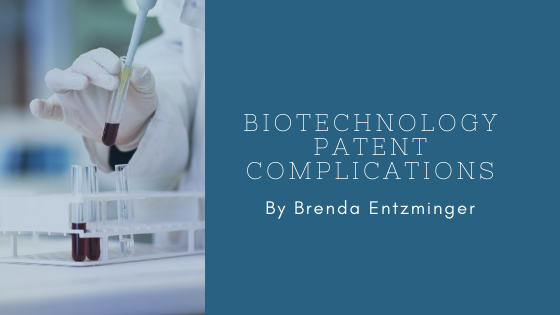Biotechnology is a rapidly expanding field that stands to drastically change and improve a number of industries, namely healthcare. As discoveries, applications, and new inventions are unfolding, understanding how biotechnology companies can and should apply for patents is important. However, equally important is the understanding that certain complications can arise when it comes to applying for a biotechnology patent.
Why Apply for a Patent
Ownership and property rights are important in all fields, but this is especially true of biotechnology. In order to apply for a biotechnology patent, individuals or companies will likely spend significant amounts of time researching, testing, and revising their practices or products in order to verify its use and function. Applying for a patent can ensure that this hard work and financial investment is not in vain.
Additionally, granting a patent for biotechnology reduces the risk of copycats replicating the work and pawning it off as their own. Because work in the biotechnology field can have such incredible effects on healthcare as an industry as well as the lives of individuals around the world, the actual creators deserve to receive the appropriate recognition. Patents also create a barrier that prevents illegal copying of medicines and practices that could have adverse effects on patients or the healthcare system as a whole.
Complications
In order to qualify for a biotechnology patent (which is classified as a utility patent), individuals must submit evidence for the invention of a new machine, process, matter composition, or manufacturing process. When applying for a patent, individuals must be able to prove that their product, invention, or application meets specified criteria. There are five criteria. The invention must:
- Fall under subject-matter eligibility
- Be new
- Be non-obvious
- Have Use
- Have never been previously disclosed
If an invention meets these criteria, its owner may file for a patent.
Inventors cannot submit a patent for a naturally-occurring process or discovery.
Controversy
Determining whether an invention qualifies for a patent is an involved process, as there has been much controversy pertaining to the ethics of biotechnology patents in recent history. Some parties fear that patents may be too broad, granting too much credit and ownership to patent-holders. Additionally, if a patent is too broad, it may prevent future research that could further improve healthcare, medicine, and medical practices.
